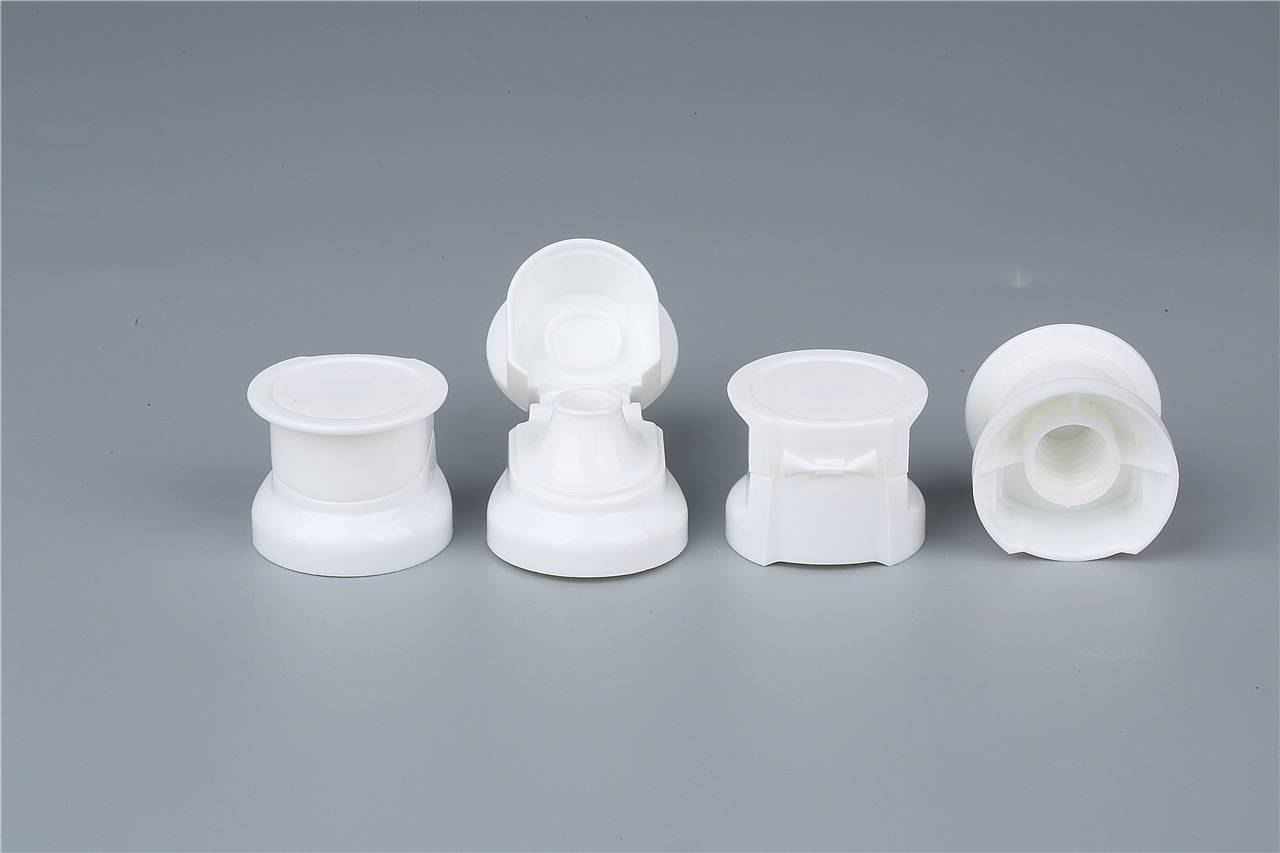Plastic bottle caps play a significant role in preserving the freshness and integrity of beverages and other liquid products. The quality of these caps is paramount to ensuring a leak-proof seal and preventing any contamination. Several factors come into play when it comes to manufacturing high-quality plastic bottle caps, with pressure and temperature being two critical variables that determine the final product.
Pressure is a vital factor that affects the processing quality of plastic bottle caps. Injection molding is the most common method used for producing these caps, where molten plastic is injected into a mold and then cooled to solidify into the desired shape. The pressure applied during the injection stage has a direct impact on the outcome of the cap. Insufficient pressure can lead to incomplete filling of the mold, resulting in defects such as short shots or voids in the cap. On the other hand, excessive pressure can cause the plastic to overpack, leading to deformation or even breakage of the cap. Thus, finding the optimal pressure setting is crucial to ensure consistent quality and functionality of plastic bottle caps.
Temperature is another critical factor influencing the processing quality of plastic bottle caps. The temperature of both the molten plastic and the mold itself plays a vital role in determining the final outcome. During the injection molding process, the plastic material is heated to a specified temperature to achieve optimal viscosity for successful molding. If the temperature is too low, the plastic may not flow smoothly into the mold, resulting in flow lines or incomplete filling. Conversely, if the temperature is too high, the plastic can degrade or even burn, causing discoloration or weakening of the cap. Controlling the temperature precisely within the recommended range is thus essential to ensure the production of high-quality plastic bottle caps.
In addition to pressure and temperature, several other factors can impact the processing quality of plastic bottle caps. The choice of raw materials, such as the type of plastic resin used, greatly influences the final product. Different resins have varying characteristics, including melt flow rates, impact resistance, and durability. Selecting the appropriate resin for specific application requirements is vital to ensure the desired performance and quality of the bottle caps.
Furthermore, factors like mold design, cooling time, and machine maintenance also contribute to the overall processing quality. A well-designed mold with proper venting and gating systems facilitates uniform filling and minimizes the chances of defects. Adequate cooling time allows the caps to solidify fully, preventing any warping or premature ejection from the mold. Regular machine maintenance ensures consistent performance and minimizes downtime, leading to higher production efficiency and quality control.
In conclusion, the processing quality of plastic bottle caps is influenced by various factors, with pressure and temperature standing out as significant contributors. Finding the optimal balance between pressure and temperature during the injection molding process is essential to produce high-quality caps consistently. Additionally, factors like raw materials, mold design, cooling time, and machine maintenance play crucial roles in achieving desired outcomes. Manufacturers must carefully consider all these factors to meet the ever-growing demands for superior plastic bottle caps in the market.
Post time: Sep-26-2023

